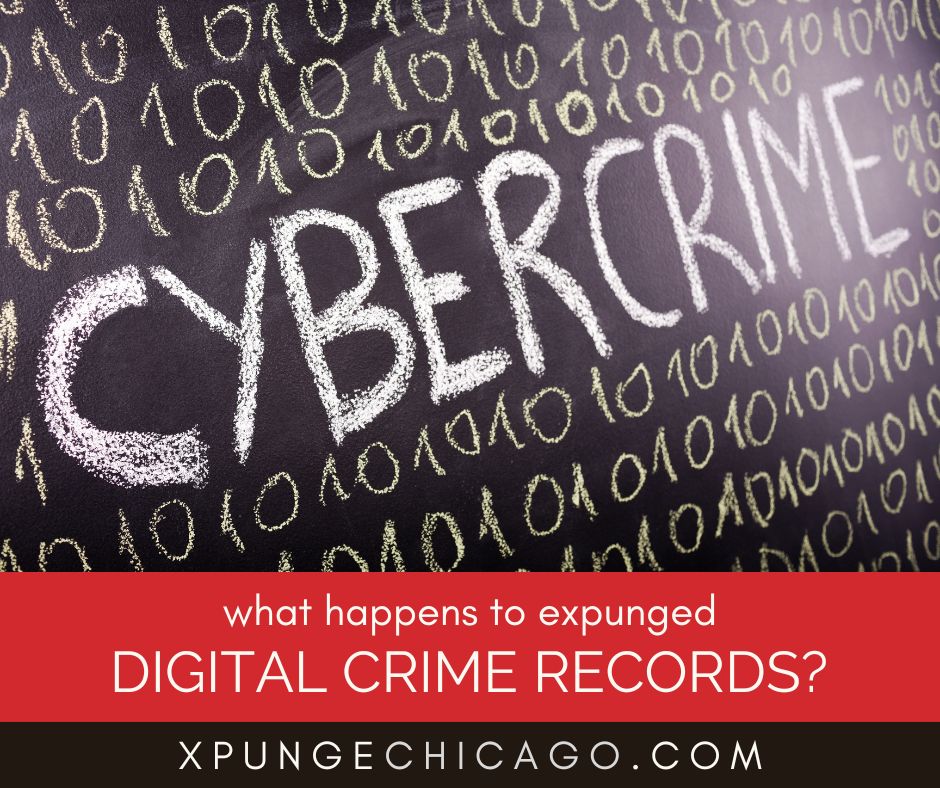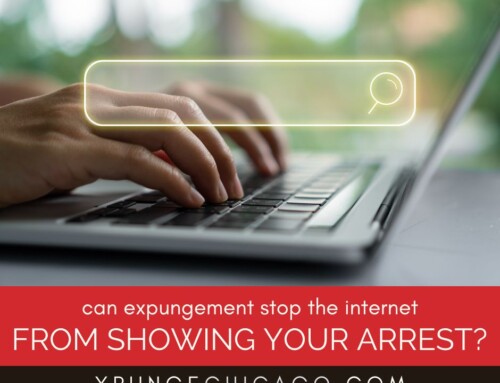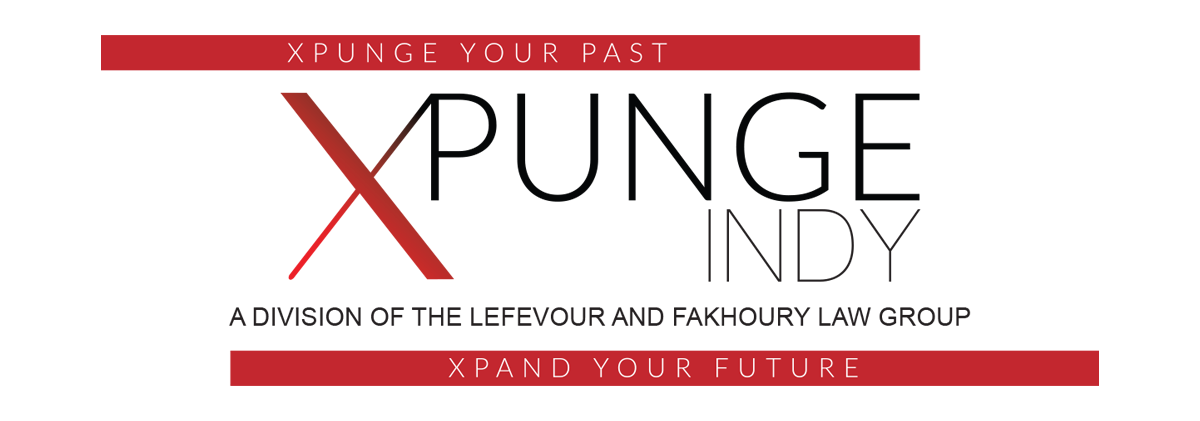
In today’s world, crimes increasingly involve computers, networks, and digital devices. Offenses like hacking, phishing, online fraud, or unauthorized access can carry serious penalties under Illinois and federal law. For people who have faced cybersecurity-related charges but later qualify for expungement, the natural question arises: What happens to those digital crime records once the court grants expungement?
Expungement is designed to give people a second chance by erasing certain records from official state systems, but the rules around technology-related crimes can be complex. Some digital crimes may not qualify for expungement at all, while others might be eligible under specific circumstances. Understanding how expungement interacts with cybersecurity offenses is essential for anyone looking to clear their past and rebuild their future.
What Counts As A Cybersecurity Offense In Illinois
Cybersecurity offenses cover a wide range of activities. Some are prosecuted under state law, while others fall under federal jurisdiction. Common examples include:
-
Unauthorized access to computer systems (hacking into networks or accounts without permission)
-
Identity theft and phishing schemes
-
Dissemination of malware, viruses, or ransomware
-
Wire fraud or online financial fraud
-
Cyberstalking or online harassment
-
Misuse of personal data stored electronically
Because digital crimes often involve financial institutions, government systems, or interstate communications, many cases are charged federally. This distinction matters for expungement, because Illinois courts can only expunge state charges—not federal ones.
Expungement Eligibility For Cyber Offenses
Eligibility depends on the outcome of the case. In Illinois:
-
Arrests without conviction: If you were arrested for a cybersecurity offense but never charged, or if the case was dismissed, you may be eligible for expungement.
-
Acquittals or dropped charges: If you went to trial and were found not guilty, or the state dismissed the case, you can often expunge the record.
-
Supervision or probation: Certain outcomes may be eligible after waiting periods, though eligibility narrows for more serious charges.
-
Convictions: Most convictions, including many digital crime convictions, cannot be expunged. Some may qualify for sealing instead, which hides them from the public but allows law enforcement and some licensing agencies to see them.
Federal digital crime convictions cannot be expunged in Illinois courts. Federal expungement is extremely rare and usually limited to extraordinary circumstances, such as wrongful convictions.
What Happens When Digital Crime Records Are Expunged
If you qualify, the expungement process for cybersecurity-related cases functions much like any other case in Illinois. Once granted by the court:
-
State Police and Clerk of Court records of the arrest, charge, and outcome are destroyed or removed from public view.
-
Background checks run by employers or landlords should no longer display the expunged arrest or case.
-
Agencies must comply: Law enforcement and clerks must follow the expungement order and erase the case from their systems.
However, it is important to recognize that the internet does not always follow court orders.
The Challenge Of Digital Footprints
Cybersecurity offenses are often reported in the media or logged in online forums. For example, a local news outlet may publish an article about an arrest, or a mugshot website may list details scraped from public records. Even after expungement, these digital traces may remain.
This means that while your official record is cleared, Google searches may still turn up references to the case. Employers conducting informal “social media background checks” may stumble across articles or cached pages that no longer reflect your legal reality.
In other words, expungement eliminates the legal record, but it may not erase the digital shadow.
Special Considerations For Professional Licensing
For people seeking careers in IT, cybersecurity, accounting, or other licensed professions, expungement can have mixed results. Licensing boards in Illinois often retain the ability to view sealed—but not expunged—records. If your case was fully expunged, the board should not be able to access it.
However, many cybersecurity offenses are not eligible for expungement if they led to conviction. In those cases, sealing may be the only option, and licensing boards may still weigh the past offense when considering your application.
Why Legal Guidance Is Critical
Navigating expungement for cybersecurity-related offenses can be especially complex because of overlapping state and federal jurisdictions. An experienced lawyer can:
-
Evaluate whether your charge is eligible for expungement or sealing
-
Distinguish between state and federal offenses and advise on what relief is possible
-
File petitions correctly and respond to objections from prosecutors or agencies
-
Help manage digital footprints by advising on takedown requests and background-check disputes
It’s vital to keep in mind that no lawyer can guarantee success. Judges decide petitions, and private websites may refuse to remove digital traces. But legal support significantly improves the chances of clearing official records and limiting future harm.
Steps You Can Take Beyond Expungement
Even after a successful expungement, individuals can take additional steps to protect their reputations:
-
Monitor search results for your name regularly
-
Request removals from mugshot sites and news outlets by providing proof of expungement
-
Use Google’s removal tool to delete outdated cached results
-
Build positive online content through professional profiles, LinkedIn, or personal websites
-
Consult attorneys about possible consumer protection or Fair Credit Reporting Act claims if background-check companies report expunged records
These efforts help ensure that your clean legal slate is reflected in your online presence as well.
Cybersecurity offenses highlight the tension between digital permanence and legal second chances. Expungement offers powerful relief, but the internet may not forget so easily. By combining legal action with proactive digital reputation management, people with past cybersecurity arrests can better protect their futures and move forward with greater confidence.
Do You Need to Talk to an Attorney About Expungement or Sealing?
If you’re tired of your criminal past coming back to bite you, we may be able to help. Call us right now at 847-920-4540 or fill out the form below so we can talk about your case.
Oops! We could not locate your form.














